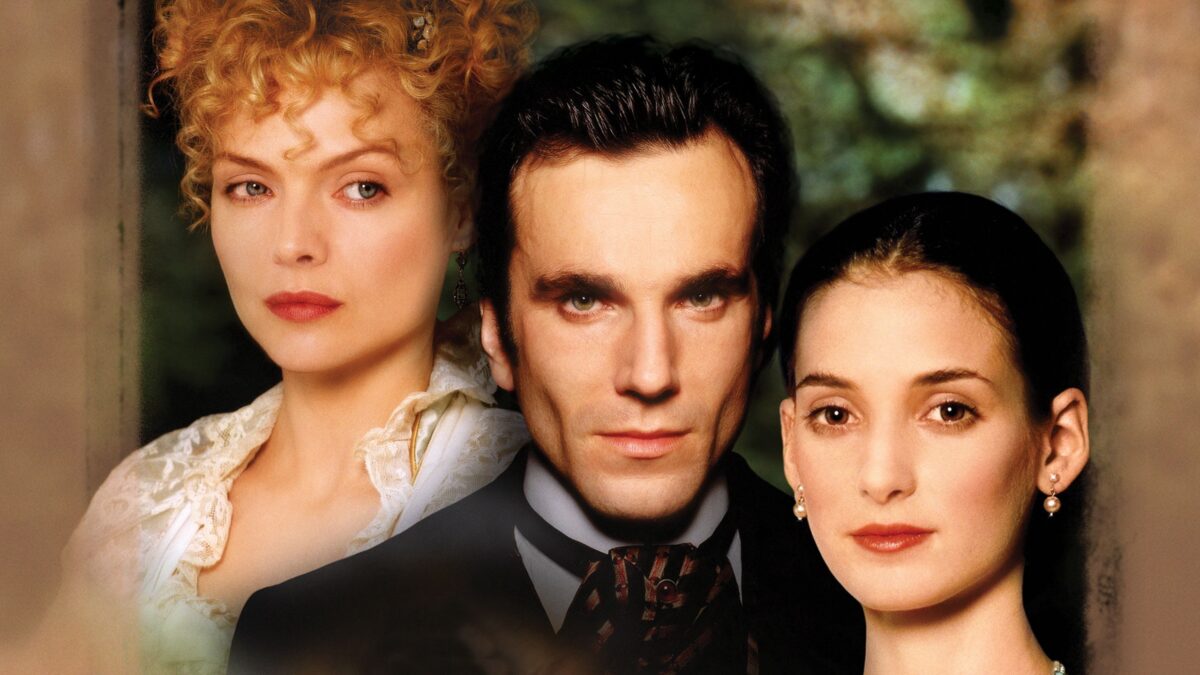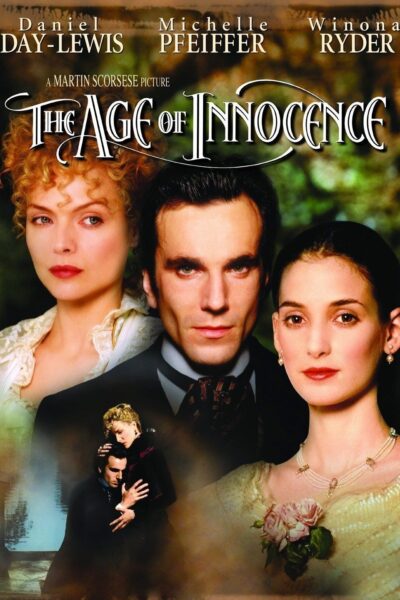"A magnificent movie."
— Julie Salamon, Wall Street Journal
"A feast for the senses."
— James Berardinelli, ReelViews
"Scorsese's most poignantly moving film."
— Geoff Andrew, Time Out
"An extraordinarily sumptuous piece of filmmaking."
— Todd McCarthy, Variety
"It's a beautiful story that extends past the boundaries of time."
— Debbie Urbanski, Chicago Tribune
"Day-Lewis and Pfeifer are on top form with Ryder giving the performance of her career."
— Angie Errigo, Empire
"A beautifully done adaptation of the novel, polished, elegant and completely cinematic."
— Kenneth Turan, Los Angeles Times
"Scorsese shows he can flex an entirely different set of muscles and still make a great movie."
— Desson Thomson, Washington Post
"Thoughtful and reflective, it stands with the most exquisitely crafted films in recent memory, joining eloquently conceived images to an uncommonly literate screenplay."
— David Sterritt, Christian Science Monitor
"A great, velvety, beautiful anachronism. It's a movie almost drunk on romance, literature and cinema, a splendid period picture that keeps rashly breaking rules and boundaries."
— Michael Wilmington, Chicago Tribune
"The Age of Innocence remains a consistent spellbinder, laying bare its inhabitants’ follies and furies with a tender touch and a vigilant quietude that accumulates into a grand force."
— Danny King, Village Voice
"It comes eerily close to duplicating the experience of reading while, at the same time, remaining very much a motion picture. That's a rare, perhaps even unprecedented, achievement."
— Rick Groen, The Globe and Mail (Toronto)
"The finished film is graceful, gripping and more accessible than several of Scorsese's contemporary New York movies. Scorsese has created a model adaptation that manages to be both remarkably faithful to its source and more audience-friendly than the Merchant/Ivory movies to which it will be compared."
— John Hartl, The Seattle Times
"I love all those close-ups of fires blazing when the mood gets frosty. I love the lavish operas they attend, using the glasses to spy on each other. I love Elmer Bernstein's score, its ghostly waltzes and the way it seems to inspire the birds to soar upwards in the final heartbreaking scene in Paris, Wharton's adopted home."
— Andrew Gilchrist, The Guardian







